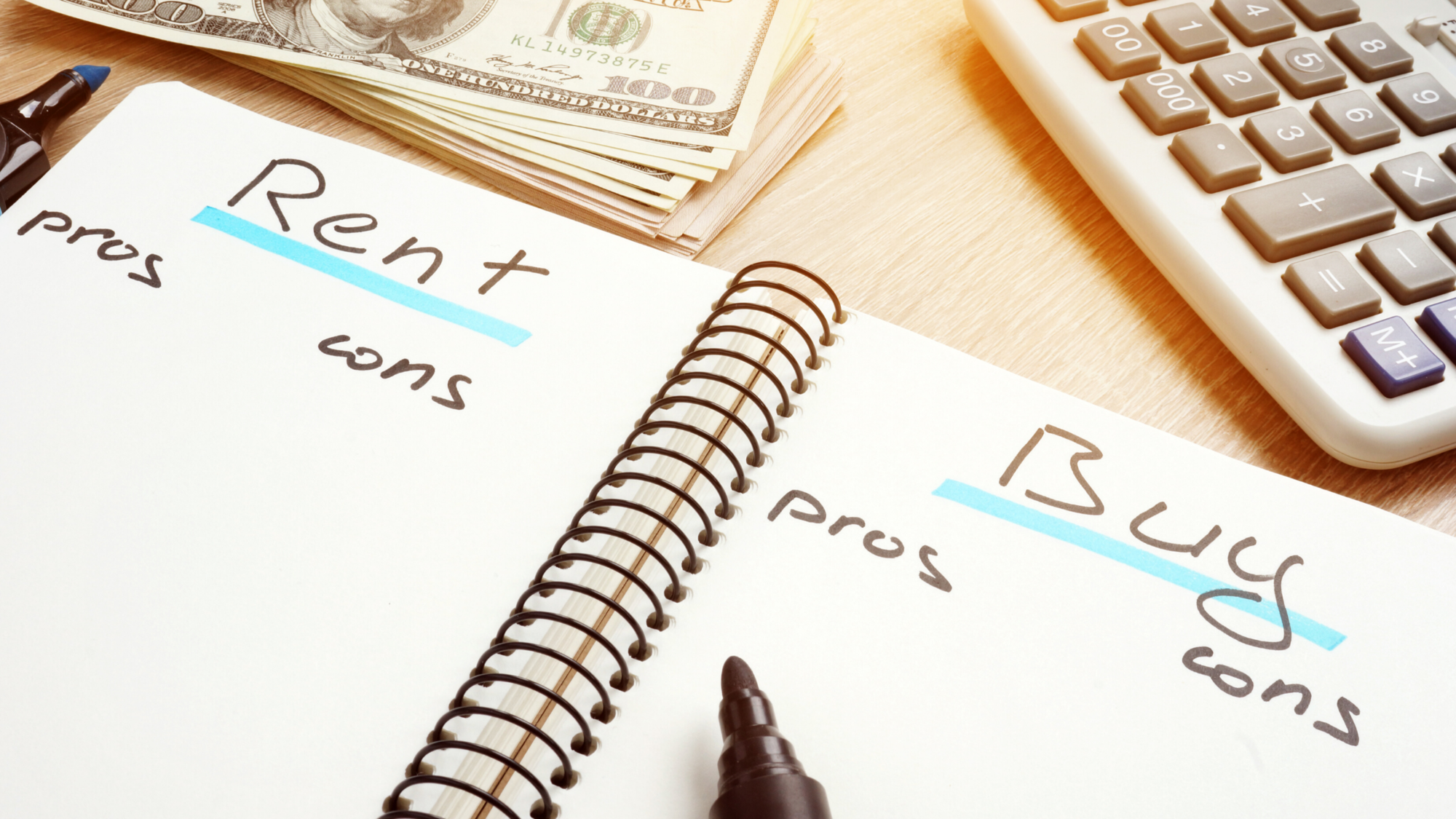While Your Home is Listed

Things to Know While Your House is For Sale
Now that your home is for sale, what do you do in the meantime? Here’s a list of a few points to remember and take note of so you’re not feeling helpless throughout the process.
Be Flexible
Be as flexible as possible with showing times. Make it easy for buyers to come and view your home so you don’t miss out on a potential sale. I realize that there are circumstances when this doesn’t allow but being as flexible as you can without too much of an inconvenience to your schedule will have it’s benefits.
Open Houses
I leave the decision of whether or not to do an open house up to my sellers. I’ve found that in some instances, an open house was useful and resulted in a success. However, more times than not, an open house hasn’t resulted in anything other than the neighbours coming over to visit. I leave that decision entirely up to you.
Be Reachable
I will need to contact you for showings and any offers we get and I will need to be able to get ahold of you on short notice. If you are going away, I’ll also need to know that.
Keep Clean
Try to keep your house as clean as possible during times of showings and open houses. We want to eliminate the objections a potential buyer might have and if your house shows great, then it’ll be that more attractive to buyers.
Updates
Throughout the time when your house is for sale, I will send you weekly updates in regards to the number of viewings your home has had on certain websites as well as any new comparable houses for sale and ones that have just sold. This will help keep you informed about the market in your area and help you make an informed decision about price reductions. I will also follow up with agents when a showing has occurred and what the feedback has been so you know what, if any, improvements can be made on your part.
These few things will help you reach your goal of selling your home for the most money and in the least amount of time.
What Are the Costs of Selling?

You already understand the importance of hiring a REALTOR®, but what are the fees that you will incur? As a seller you don’t pay for any inspections requested by the buyer or a land titles transfer fee but there are a few costs that you will encounter.
Commissions
This is the big one. As a seller you pay both the buying and selling agent’s commissions. When you purchase a home, you won’t have this cost. This will come out of your proceeds at the end from the lawyer. Commissions are typically a percentage of the sale price of the home and most often you will see a percentage that looks like 6/4/2. This means that the commission is 6% of the 1st $100,000, 4% of the 2nd $100,000, and 2% of any remaining balance. I also can offer a flat fee commission. I find that helps with those who are sticking to a strict budget and need to know the amount they will be paying upfront. Remember, I only get paid if your house sells.
Legal
There are also legal fees associated with the sale of your home. Although it’s less than if you were purchasing, they will cost you usually between $700-$800 + GST + PST
Penalties
There may be a payout penalty on your mortgage if you are planning on selling and paying out the mortgage before your term is up. The penalty is usually 3 months of interest or the interest differential with your rate and what the current rate- whichever is higher. If your mortgage has a portability clause and you are planning on buying something after you sell, that is a great way to avoid the penalty altogether.
Miscellaneous
If you are planning on hiring cleaners to do a deep clean pre-sale, hiring a carpet cleaner, or hiring someone to do repairs, these will all have to be accounted for in the budget.
These costs and fees may seem like a lot of money but they are designed to ensure that you will achieve the most money once your house does sell and some are unavoidable. It’s better to know up front what these costs will be and will make budgeting for the new house that much easier.

 Facebook
Facebook
 X
X
 Pinterest
Pinterest
 Copy Link
Copy Link



